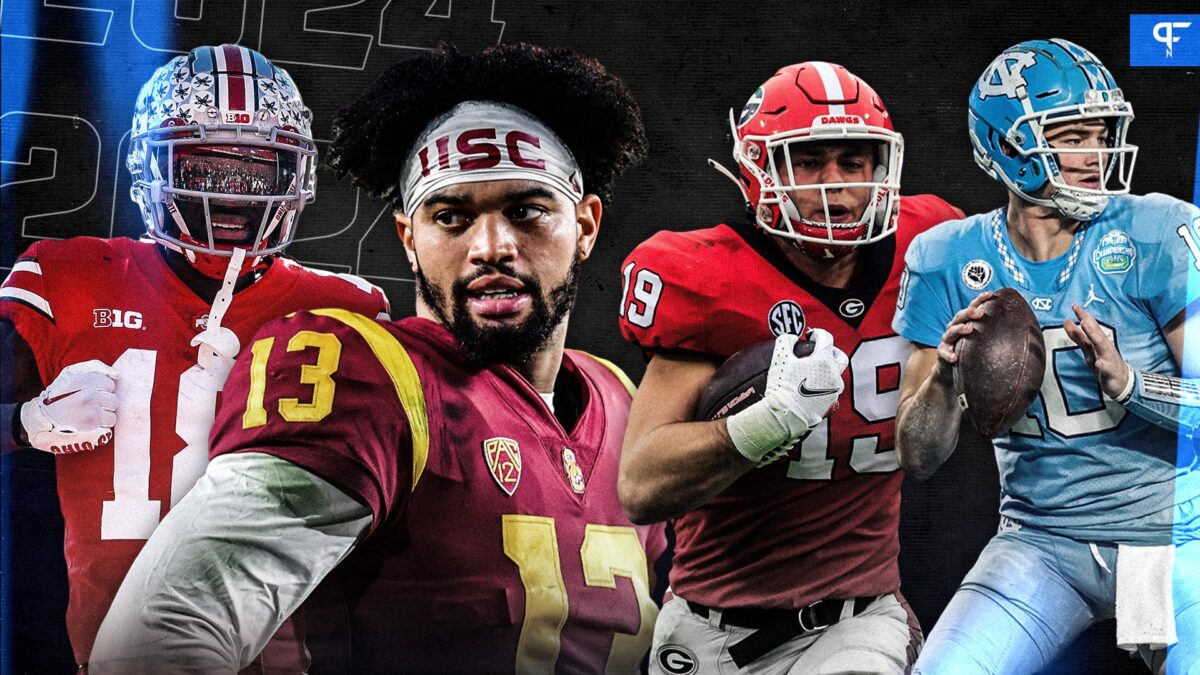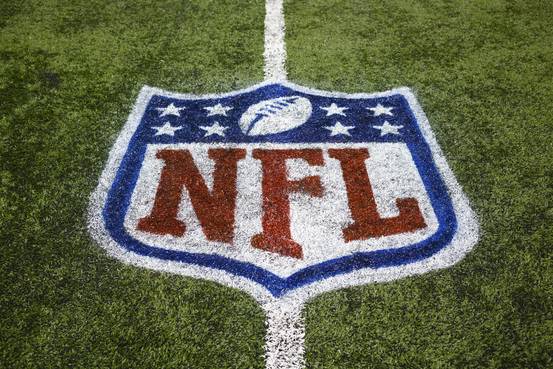
Maximizing Your Earnings: Navigating State Income Taxes and Jock Tax for Athletes
Professional athletes face a unique set of challenges when it comes to managing their finances, especially regarding state income taxes and the so-called “Jock Tax.” The complexities of athlete taxation, with contracts worth millions and the need for accurate income allocation across various states, highlight the necessity for specialized tax guidance. This Newsroom post delves into the intricacies of state income taxes, duty days, and the critical role of sports taxation specialists, emphasizing the importance of informed financial management.
Understanding the Jock Tax and Duty Days
At the heart of the financial management for athletes is the Jock Tax, which refers to state income taxes that professional athletes need to pay to the states where they play. This tax varies significantly across different states, making the tax landscape for athletes particularly complex. The concept of “Duty Days” plays a pivotal role in determining how an athlete’s income should be allocated for tax purposes. Duty days encompass all the days from the start of pre-season training to the last official game of the season, including practice and game days, training camps, and team meetings.
The allocation of an athlete’s income based on duty days is a meticulous process that directly influences their overall tax liability. This process requires a nuanced understanding of the tax laws in each state where they have played, which can become quite a daunting task without the right expertise.

The Role of a Sports Taxation Specialist
Given the complexity of state income taxes and the Jock Tax, the role of a sports taxation specialist cannot be overstated. These professionals bring a depth of knowledge and experience specifically tailored to the needs of athletes, offering several key benefits:
Accurate Wage Allocation: Ensuring income is accurately allocated across different states according to the duty days, which is essential for determining the correct tax liability.
Tax Optimization Strategies: Advising on strategies to optimize taxes, including the timing of income and deductions, to minimize the overall tax burden.
Compliance and Planning: Helping athletes comply with various state tax laws while planning for their financial future, considering factors like contract negotiations and endorsements.
Knowledge is Power
Armed with the hashtag #KnowledgeIsPower, it’s clear that understanding and managing your tax obligations effectively can lead to significant financial benefits. For athletes, whose earnings are substantial and highly scrutinized, the difference between efficient and inefficient tax management can equate to considerable savings. It’s not just about ensuring compliance; it’s about leveraging every opportunity to optimize financial outcomes.

Why Consult a Tax Advisor?
Embedded in the memo accompanying your W-2, the suggestion to consult with a tax advisor is more than a mere formality; it’s an essential piece of advice for anyone navigating the complex world of athlete taxation. This advice stems from the understanding that tax reporting for athletes, based on estimates due to the nature of their income and state allocations, might not fully capture the intricacies of their financial picture. With significant sums at stake, discrepancies in tax reporting can lead to substantial overpayments.
Conclusion
The intricacies of state income tax and the Jock Tax present a formidable challenge for professional athletes, underscoring the importance of specialized tax advice. By engaging with a sports taxation specialist, athletes can ensure that they are not only compliant with state tax laws but also positioned to maximize their earnings and savings. This proactive approach to financial management is crucial, as winning off the field through smart financial decisions is just as important as achieving success in the arena of professional sports.
Free to join our Newsletter for more knowledge on this topic and other tax advice.
